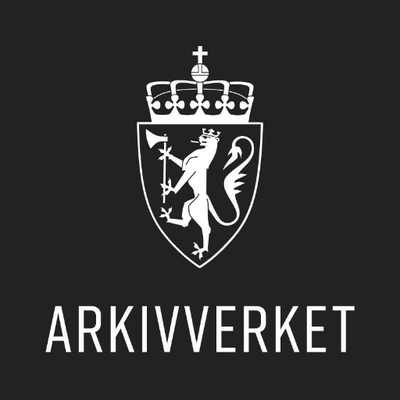
Cultural Heritage and Emergency Preparedness
Cultural Heritage and Emergency Preparedness, Oct. 16th–17th 2024, Oslo, Norway.
A national seminar on emergency preparedness in the cultural sector, with UNESCO’s convention on the protection of cultural property in the event of armed conflict (1954 and 1999) and the convention on illicit trafficking of cultural property (1970) as a backdrop. Organised by Arts and Culture Norway and The Norwegian Directorate for Cultural Heritage, supported by the National Library of Norway and the National Archives of Norway, it occurred on the 16th and 17th of October 2024 in Oslo, Norway. The seminar’s target audience was cultural institutions, including management agencies, focusing especially on museums, libraries, and archives. The seminar had 150 registered participants, and 19 speakers from 15 different institutions in Norway.
The seminar aimed to highlight and explore the role of cultural institutions in relation to emergency preparedness and had three main objectives: (1) strengthen cultural institutions’ understanding of threat scenarios and recognition of potential threats, (2) enhance awareness among cultural institutions of their role and responsibility in overall preparedness efforts, and (3) exchange information and knowledge about preparedness solutions and needs in cultural institutions. These objectives were particularly addressed in relation to the 1954 convention on the protection of cultural property in the event of armed conflict, and the 1970 convention on illicit trafficking of cultural property. Emphasis was placed on the view that emergency preparedness is a shared responsibility on all levels of the cultural sector, and that cooperation between local, regional, and national institutions is vital.
Several speakers addressed emergency preparedness in relation to the safeguarding of intangible cultural heritage. Hildegunn Bjørgen, senior advisor at Arts and Culture Norway, focal point to the 2003-convention in Norway, used examples from Ukraine, Afghanistan, and Syria to discuss culture and cultural heritage as target, means and resilience in war and conflict. Bjørgen placed particular emphasis on traditions inscribed on the List of Intangible Cultural Heritage in Need of Urgent Safeguarding, like Borscht cooking in Ukraine and traditional glassblowing in Syria, and the importance of viewing intangible and tangible cultural heritage, like the Bauhaütten tradition on the Register of Good Safeguarding Practices, in connection with each other. Other speakers included representatives from indigenous peoples and national minorities in Norway. Birgitta Fossum, Director and researcher at Saemien Sijte - Southern Sami Museum and Cultural Centre, spoke on the perseverance of southern Sami identity and culture heritage as a way of resilience, while Mats Tangestuen, historian and security supervisor at the Jewish Museum in Oslo, shared the museum’s experience with national and international threats, and emergency preparedness.
Text as provided by the organiser(s).


